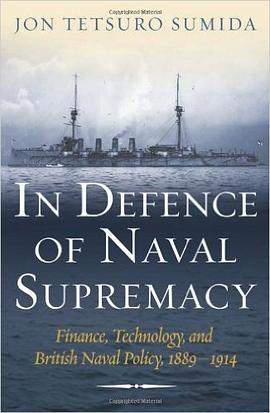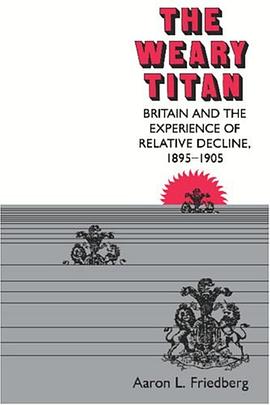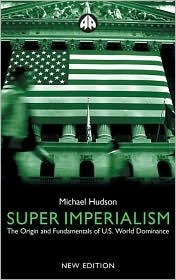In Defence of Naval Supremacy 豆瓣
作者:
Jon Tetsuro Sumida
Naval Institute Press
2014
- 2
In his groundbreaking work, In Defence of Naval Supremacy, Sumida presents a provocative and authoritative revisionist history of the origins, nature and consequences of the "Dreadnought Revolution" of 1906. Based on intensive and extensive archival research, the book strives to explain vital financial and technical matters which enable readers to observe the complex interplay of fiscal, technical, strategic, and personal factors that shaped the course of British naval decision-making during the critical quarter century that preceded the outbreak of the First World War.




